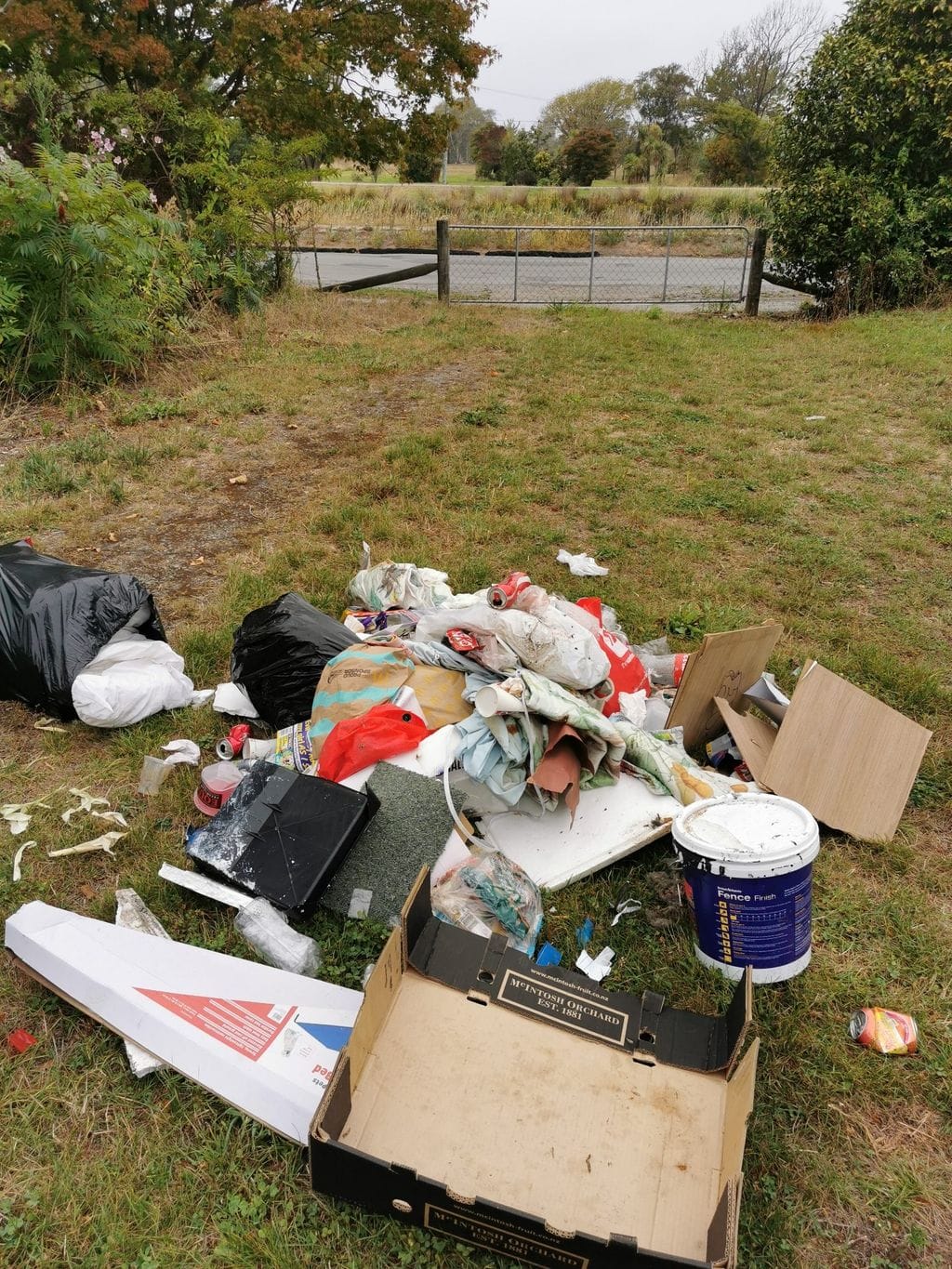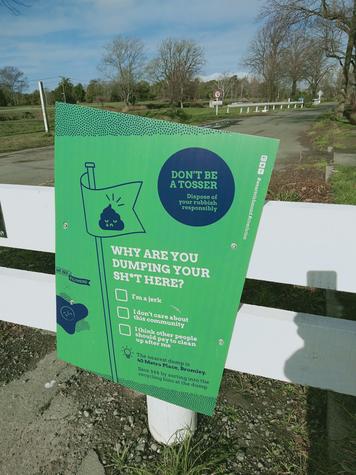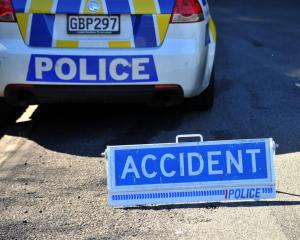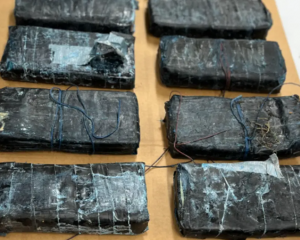
That’s the message from the Richmond Residents and Business Association to “low lives” who use their community as a rubbish dumping ground.
Members have resorted to producing their own warning signs, reminding people to stop dumping the piles of household trash, including unwanted furniture.
And so far it has worked, in spite of repeated requests to Christchurch City Council to enforce fly-tippers by installing crime prevention cameras in areas by the Avon River.
The area is used by many people who walk around and near the former red zone.

"We designed and commissioned these signs to deter people from fly-tipping in our area, as well as so close to our waterways.
"It was getting excessive.
"The council don’t do any enforcement of fly-tipping and rely on locals to Snap Send Solve for disposal of rubbish.”
A city council spokesperson said the residential red zone team has spoken with residents about fly-tipping deterrent options, including CCTV.
But they said a business case is needed to support the installation, repair, maintenance, and operational costs of CCTV.
"Occasional fly-tipping would not trigger this expense normally," the spokesperson said.
"CCTV was trialled by the Canterbury Earthquake Recovery Authority when they managed the residential red zone, but it wasn’t cost-effective.”

Initially "normal" looking signs were installed, but when they were ignored, the groups decided to amp it up with signs that delivered the message loud and clear.
The improved signs were put up at several spots across the area in the last few months.
One can be found at the corner of Swanns and River Rds.
They said the community has had to put up with the problem since the February 22, 2011, earthquake, when the area became the residential red zone.
"We have had praise from the city council parks department, our community boards and other residents' associations for pushing forward with initiatives to better our community,” said Brown.
The city council spokesperson said it was difficult to identify offenders, especially as the Litter Act 1979 requires observation of a person committing an offence or a reasonable cause for suspicion.
The council is currently working with community boards to target identified hot spots and provide wider community education.
"This is a national issue that is known to be on the rise," the spokesperson said.
"Even in cases where there is something in the dumped contents that could lead us to who may have been involved, this is not sufficient evidence to positively identify the offender.”













